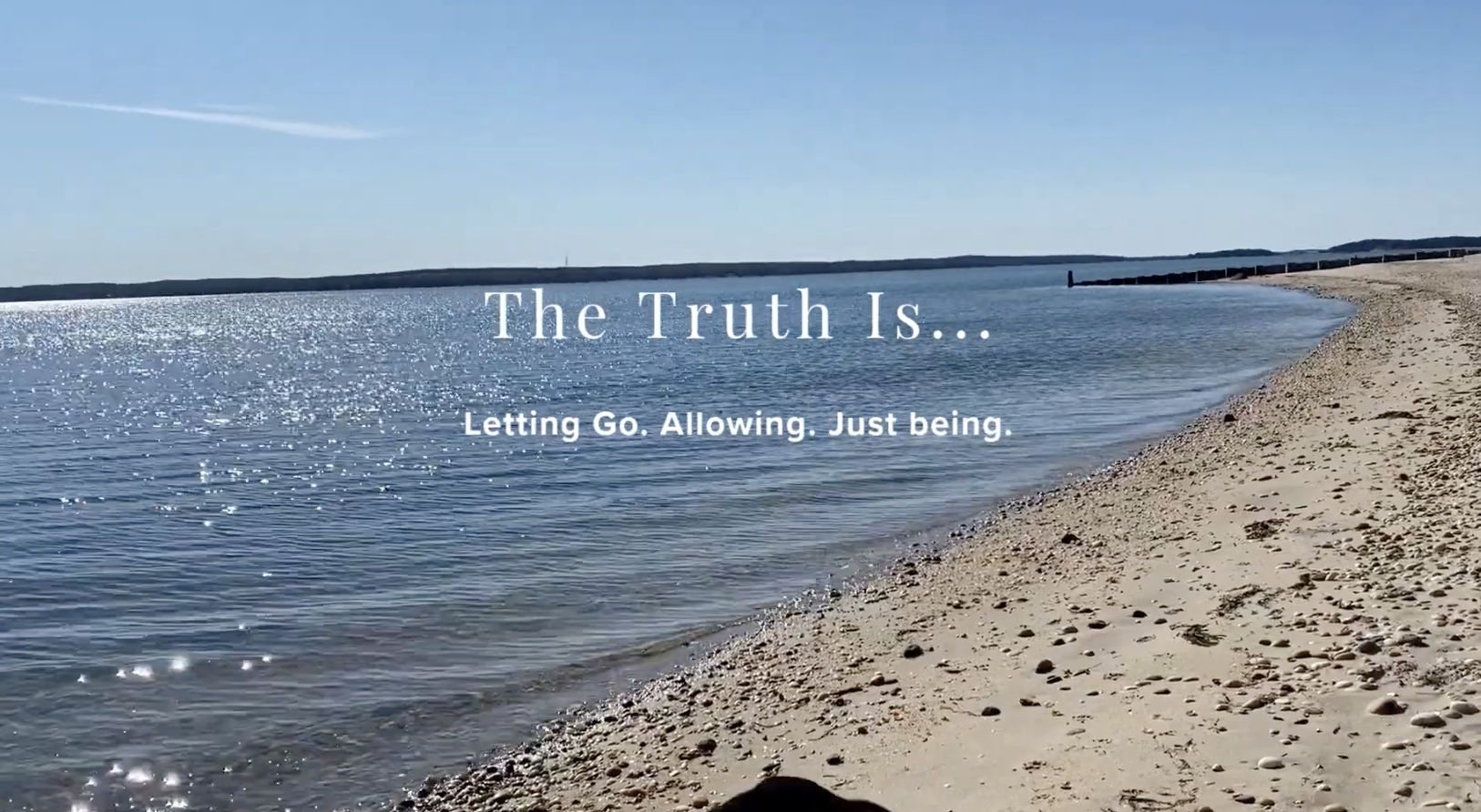The intentional roamer: How you show up matters
Have you ever thought about how you show up in the world — not just what you do, but the energy you bring to the spaces and people around you?
As a coach (and a human), I’ve spent a lot of time reflecting on that question. For years, I carried a story that I didn’t matter — that my presence didn’t make much difference. It’s a story that shaped how I interacted with others and how I saw myself.
When I finally let go of that story, something shifted. I began to see how much I do matter, how we all do. But with that realization came a responsibility: to be aware of how I show up.
The intentional roamer: The truth is…
I’ve been sitting with a question lately — one that caught me a bit off guard.
A friend helping me refresh my coaching website asked, “Are you retired and just don’t want to admit it? Maybe you just want to be a content creator!”
I laughed — but the truth behind her question hit home. Because honestly, I’ve been feeling a shift. For the last three years, I’ve been building, striving, doing all the things that are supposed to lead to success — a career, a coaching business, a website, a plan. But somewhere along the way, something changed.
I realized…I don’t actually want a “business”, at least not in the traditional sense.
I want a life that feels authentic.
I want to be of service in ways that are natural, joyful, and real. I want to listen, connect, and show up for others in the way they need me to show up.
Am I still a coach? YES! Am I here for you? YES!
I’m redefining how I go about it and skipping the usual ways of running a business.
The intentional roamer: Becoming a compassionate observer
One theme that keeps showing up for me is how often we make assumptions about others — sometimes we’re right, but often, we’re not. We build stories about people, and those stories are a form of judgment.
I’ve noticed how easy it is to settle for difficult behavior rather than address it, perhaps because we’ve tried before and nothing changed. I’ve seen frustration and disappointment take root, and I’ve watched people choose silence because speaking up feels like too much effort — or feels pointless.
Again with the Assumptions!
But here’s the thing: true communication begins with awareness and compassion, both for ourselves and others.
If you find yourself struggling with someone’s behavior, start by looking inward.
The intentional roamer: Trust and alignment
Have you ever had something that once inspired you suddenly stop resonating? That happened to me with The Intentional Roamer. For a while, I didn’t know what to share or even what felt right to say. So, I took a step back. I listened—to my intuition, my curiosity, and the voice inside that said, “It’s okay to pause.”
That pause confirmed a few things for me. I realized how powerful it is to trust myself, even when I don’t have all the answers. I’ve become more open, more creative, and more at peace with not knowing exactly what’s next.
Now, I’m exploring what it means to live in a “no-shoulds” zone—where alignment, not obligation, leads the way.
A guided meditation: Letting go with compassion
Letting go has been a significant theme for me for quite some time. The stories I tell myself. The self-judgement. The persistent thoughts. The experiences that have made an indelible impact on my life.
It’s not just me. As a coach, I hear this frequently. I hear it from my friends and family. I hear it in my communities. The stories and thoughts that are on repeat. The self-judgment that sneaks in most days. The past experiences that shape who we are and how we interact with the world.
How do we change the narrative, get rid of the stories, process the experiences in a way that allows us to release the pain and uncertainty? Awareness is the first step. Note the themes that show up in your life. Do you always react a certain way when you witness a specific type of behavior? Do you have a strange aversion to something and don’t know why? Do you have a persistent thought that won’t go away? Are you putting something off for way too long?
The intentional roamer: What your triggers are trying to tell you
I had an experience recently that brought up some old insecurities. I was triggered emotionally, and I was really surprised by my reaction. It took me at least 24 hours to understand why I reacted the way I did. I realized that the old insecurity was that I didn’t belong.
I was a bit embarrassed by it. I hadn’t felt that way in so long and honestly thought I had dealt with it and moved on. That’s the thing about triggers. They are here to guide us and point to places that still need healing.
For most of my life, I’ve carried the belief that I didn’t fit in. It shaped the way I moved through the world. It made me question my worth. And, at times, it made me feel very alone.
So I began to look within because the pain of staying the same finally outweighed the fear of change.






